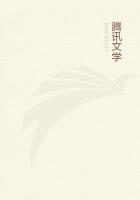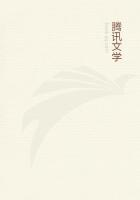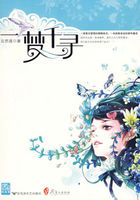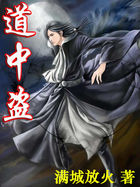There are no wild animals of any kind on the island, unless it be decided that the natives themselves are such. The mountains and the interior present to the eye nothing but silent solitudes, unbroken by the roar of beasts of prey, and enlivened by few tokens even of minute animated existence. There are no venomous reptiles, and no snakes of any description to be found in any of the valleys.
In a company of Marquesan natives the weather affords no topic of conversation. It can hardly be said to have any vicissitudes. The rainy season, it is true, brings frequent showers, but they are intermitting and refreshing. When an islander, bound on some expedition, rises from his couch in the morning, he is never solicitous to peep out and see how the sky looks, or ascertain from what quarter the wind blows. He is always sure of a "fine day," and the promise of a few genial showers he hails with pleasure. There is never any of that "remarkable weather" on the islands which from time immemorial has been experienced in America, and still continues to call forth the wondering conversational exclamations of its elderly citizens. Nor do there even occur any of those eccentric meteorological changes which elsewhere surprise us. In the valley of Typee ice-creams would never be rendered less acceptable by sudden frosts, nor would picnic parties be deferred on account of inauspicious snowstorms: for there day follows day in one unvarying round of summer and sunshine, and the whole year is one long tropical month of June just melting into July.
It is this genial climate which causes the cocoa-nuts to flourish as they do. This invaluable fruit, brought to perfection by the rich soil of the Marquesas, and borne aloft on a stately column more than a hundred feet from the ground, would seem at first almost inaccessible to the simple Indeed, the slender, smooth, and soaring shaft, without a single limb or protuberance of any kind to assist one in mounting it, presents an obstacle only to be overcome by the surprising agility and ingenuity of the islanders. It might be supposed that their indolence would lead them patiently to await the period when the ripened nuts, slowly parting from their stems, fall one by one to the ground. This certainly would be the case, were it not that the young fruit, encased in a soft green husk, with the incipient meat adhering in a jelly-like pellicle to its sides, and containing a bumper of the most delicious nectar, is what they chiefly prize. They have at least twenty different terms to express as many progressive stages in the growth of the nut. Many of them reject the fruit altogether except at a particular period of its growth, which, incredible as it may appear, they seemed to me to be able to ascertain within an hour or two. Others are still more capricious in their tastes; and after gathering together a heap of the nuts of all ages, and ingeniously tapping them, will first sip from one and then from another, as fastidiously as some delicate wine-bibber experimenting, glass in hand, among his dusty demijohns of different vintages.
Some of the young men, with more flexible frames than their comrades, and perhaps with more courageous souls, had a way of walking up the trunk of the cocoa-nut trees which to me seemed little less than miraculous; and when looking at them in the act, I experienced that curious perplexity a child feels when he beholds a fly moving feet uppermost along a ceiling.
I will endeavour to describe the way in which Narnee, a noble young chief, sometimes performed this feat for my particular gratification; but his preliminary performances must also be recorded.

